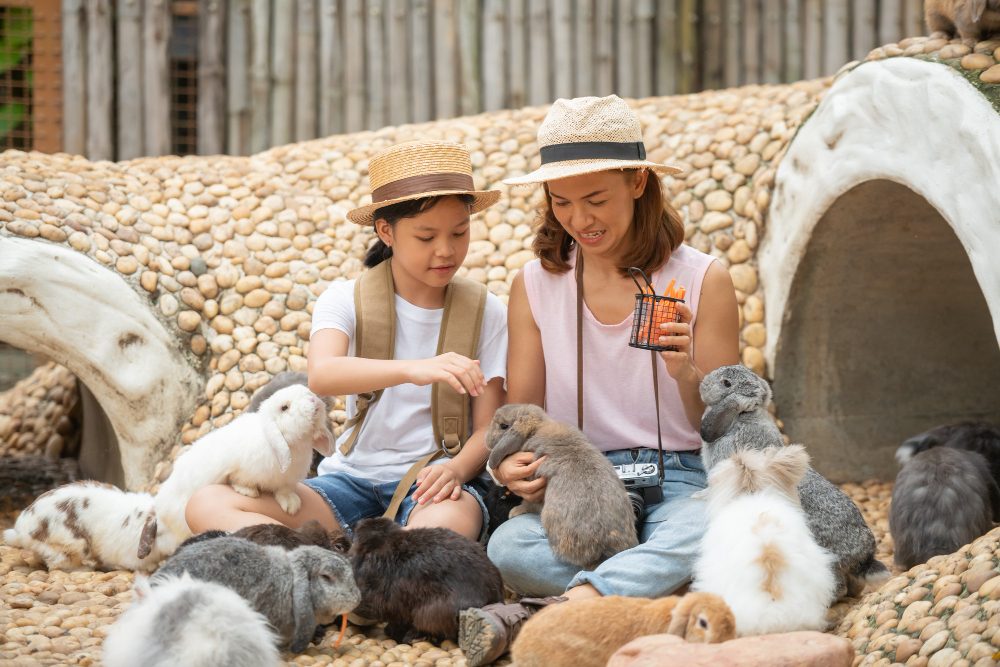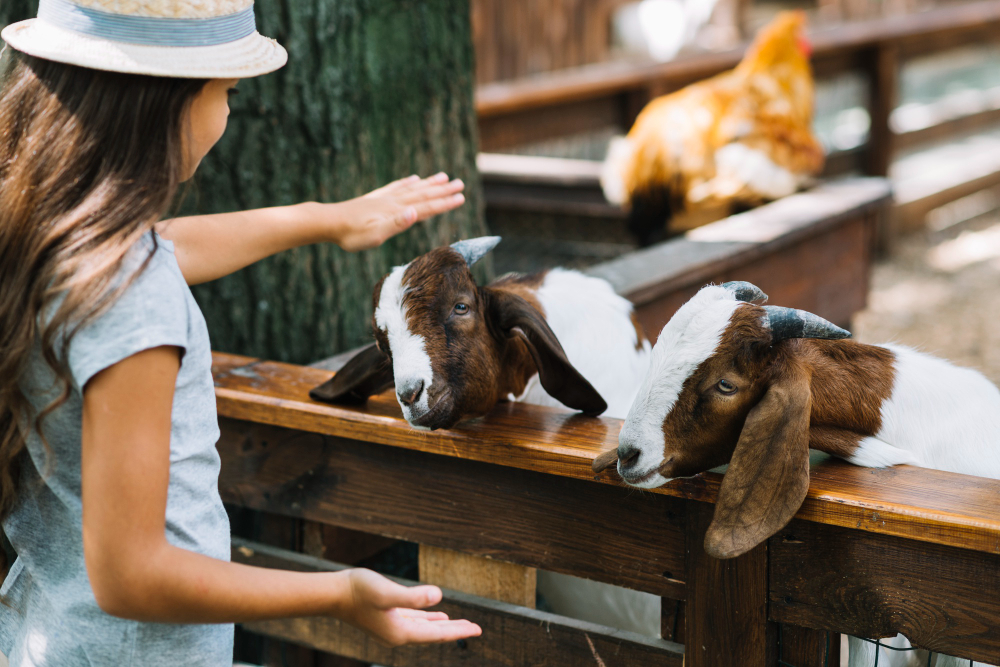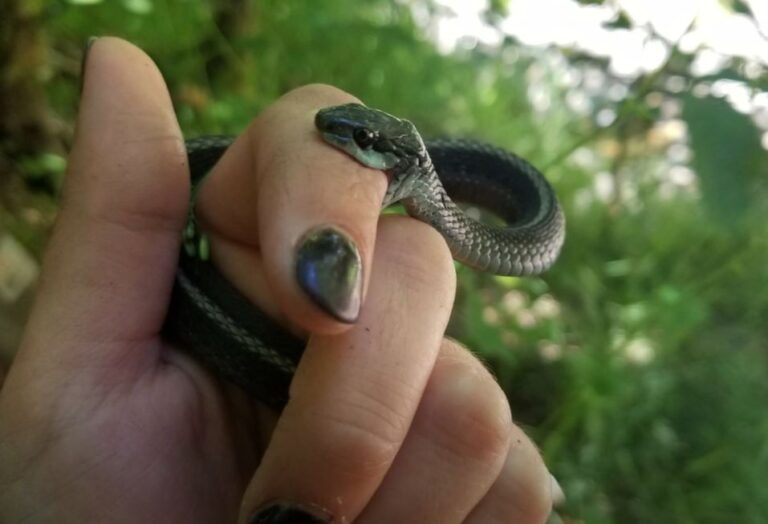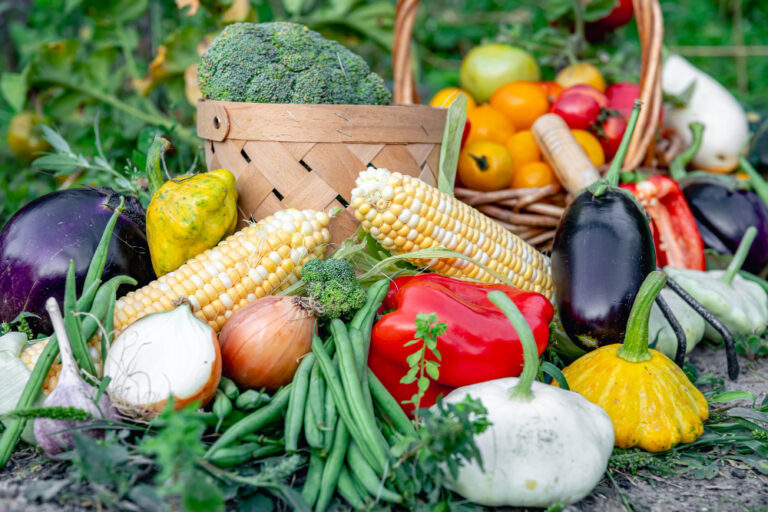Farm Animals In Our Lives

Farm animals are far from the straightforward, rustic creatures sometimes idealized in children’s books and pastoral paintings. They are the pulse of contemporary farming and major players in forming our landscapes and food systems, not only beautiful images. Farm animals are remarkably important in ways many people ignore, from goats supporting environmentally friendly farming methods to cows providing milk.
Humans have relied on these animals for millennia, not only for food but also for their capacity to preserve local economies and balance in ecosystems. As sustainability has grown more important in recent years, more ethical farming methods that help the animals themselves as well as the surroundings are in focus. Still, a lot of research has to be done about how farm animals affect not only agriculture but also the larger fabric of society, despite rising consciousness of this.
The Fantastic Roles Farm Animals Play
One finds it easy to ignore the remarkable contributions made by farm animals. For example, many people are unaware of the great intelligence of pigs, sometimes considered as dirty animals. Oddly, they can solve problems more quickly than a dog. Goats are quite flexible, given their unique personalities and unlimited vitality. They are effective land clearers, not only suppliers of milk or meat; they help to control weeds and stop invading species from overwhelming fields. Amazingly, these little, tough animals provide a natural substitute for pesticides since they are often more effective than machines in removing undergrowth.
These animals are becoming more and more important in the framework of modern farming for environmentally friendly methods. Consider the Kune Kune pigs housed at Folly Farm. Not only do they provide premium meat, but they also help preserve land by stopping overgrowth, especially in remote areas accessible with machinery. Such combined strategies help to create a healthier, more sustainable environment by lowering the need for synthetic fertilizers or herbicides.

Meet the Farm Animals at Folly Farm
| Animal Type | Breeds at Folly Farm | Key Characteristics | Fun Fact |
|---|---|---|---|
| Goats | Pygmy, Anglo Nubian, Saanen, Royal Golden Guernsey, Bagot | Friendly, agile, used for milk, meat, and land clearing | Goats can climb trees and enjoy heights |
| Horses & Donkeys | Exmoor, Miniature Donkey, Suffolk Punch, Shire Horse, Poitou Donkey | Strong, hard-working, used for pulling carts and farm labor | Miniature donkeys are excellent pets |
| Pigs | Saddleback, Oxford Sandy and Black, Tamworth, Welsh Pig | Intelligent, can be kept for meat or land maintenance | Pigs are smarter than dogs and can learn tricks |
| Sheep | Badger-Faced Torwen, Herdwick, Jacob, Welsh Mountain Balwen | Hardy produces wool, meat, and milk | Sheep have a great memory, recognizing faces |
| Other Animals | Guinea pigs, rabbits, alpacas, barn owls, turkeys | A variety of roles, from companions to ornamental animals | Alpacas are known for their gentle temperament |
Every breed offers unique traits and abilities for the farm, but their combined presence shapes the larger surroundings. Farms like Folly Farm have evolved over the years from mere sites of production to living archives of heritage breeds, each one safeguarding millennia of agricultural legacy. For example, the rare Jacob sheep breed is prized not only for their wool but also as a reminder of yesteryear’s agricultural methods since they have striking two-toned wool.
Sustainable Agriculture: Towards the Future
Sustainable farming methods have taken the front stage in recent times. Often attacked for its large-scale factory techniques, modern industrial farming has come under examination for its effects on the environment and animal life. More farmers are thus adopting methods that support animal welfare in line with long-term land health.
For instance, because they can roam freely and produce better eggs as well as a more compassionate environment, chickens raised on pastures are growing in appeal. These chickens help to fertilize the ground with their waste and eat insects, so improving the condition of the farm. This system helps the farmers as well as the animals, so it harmonizes nature and civilization.
This change has advantages outside only animal welfare. Farmers might lower soil erosion, boost water retention, and raise biodiversity by including farm animals in regenerative agriculture systems. Farm animals contribute not only to the agricultural ecosystem but also to environmental stewardship, not only in terms of output but also by preserving both the local economy and the ecological balance. Farms implementing these methods become vital players in the sustainable future.
A New Century for Farm Animals and Their Part in Our Future
It is obvious from looking ahead that the function of farm animals will change. The direction of farming is toward more responsible, compassionate, and environmentally conscious methods as growing worries about sustainability and ethical treatment of animals call for. Supporting farms that stress ethical treatment of animals not only improves the future for these species but also aids in environmental preservation.
Unquestionably, farm animals are more than simply food chain participants; they are vital players in the larger story of environmental sustainability. These animals are vital allies in our search for a more sustainable planet, whether they are feeding us, fertilizing the ground, or clearing land. We should change our perspective on them from one of food producers only to one of important, living members of our ecosystems.
Visit the Farm for more information on the vital roles farm animals play and the need to support sustainable farming. Rare breeds, environmentally friendly living, and ways you might help the continuous effort to save these amazing animals abound here.






